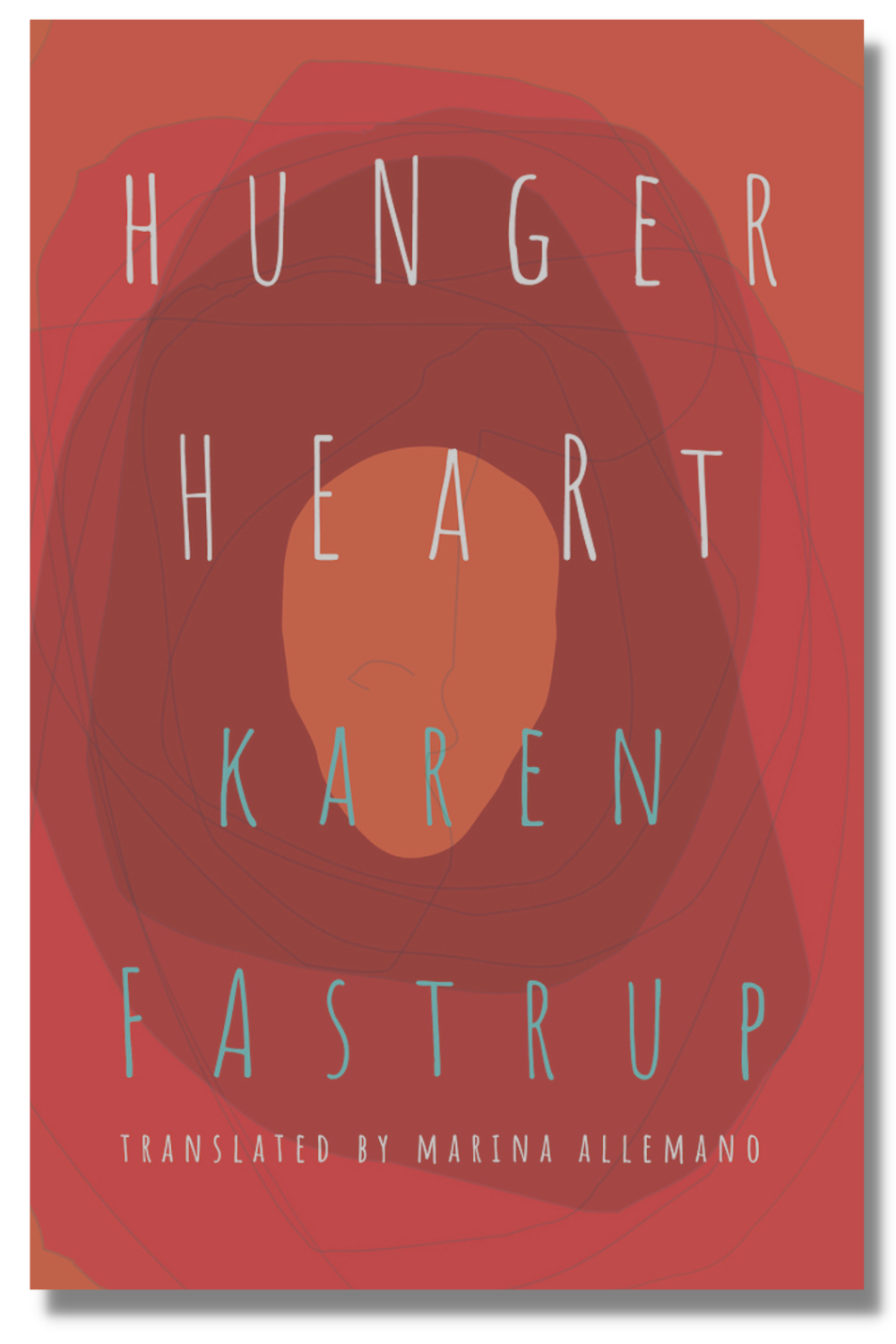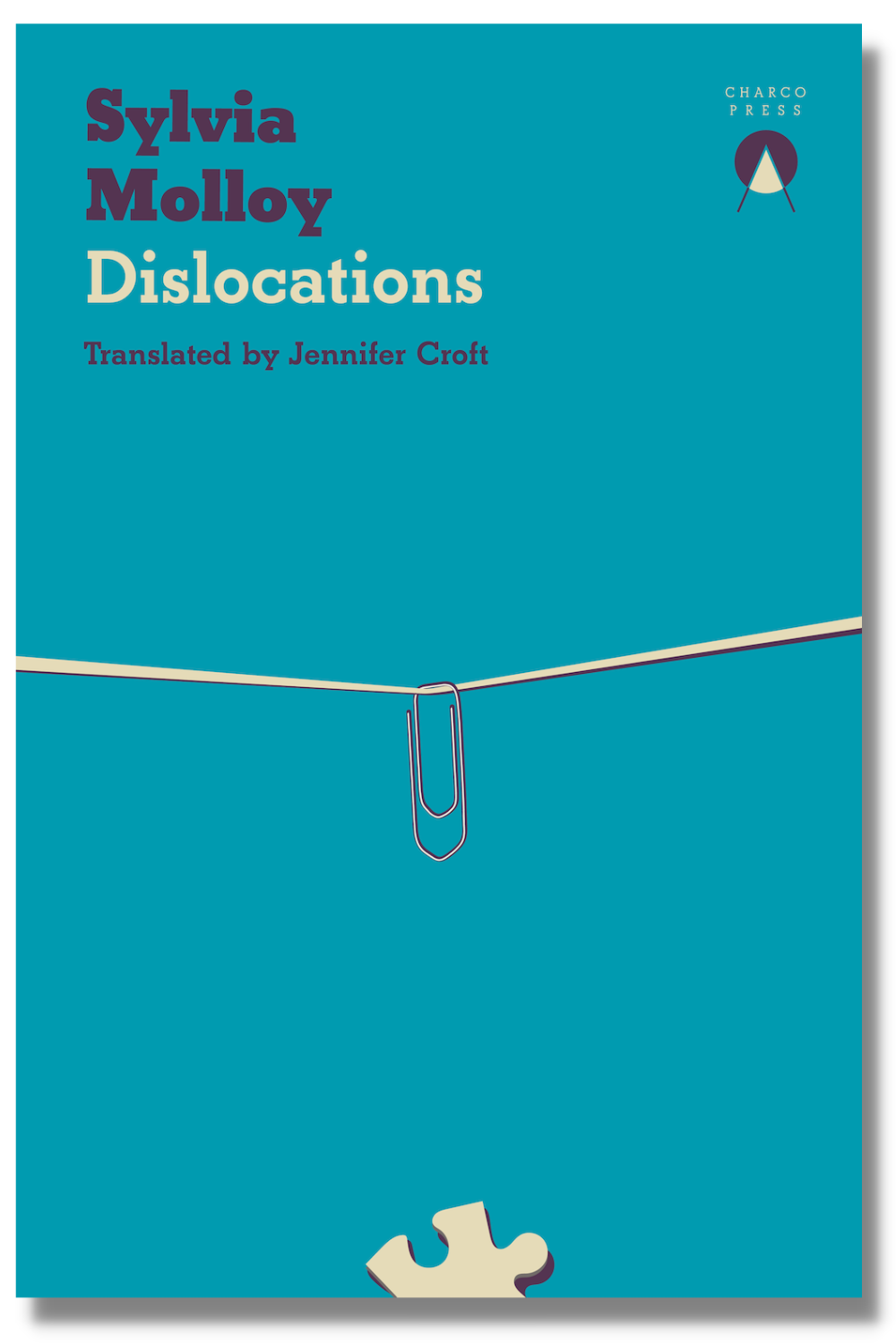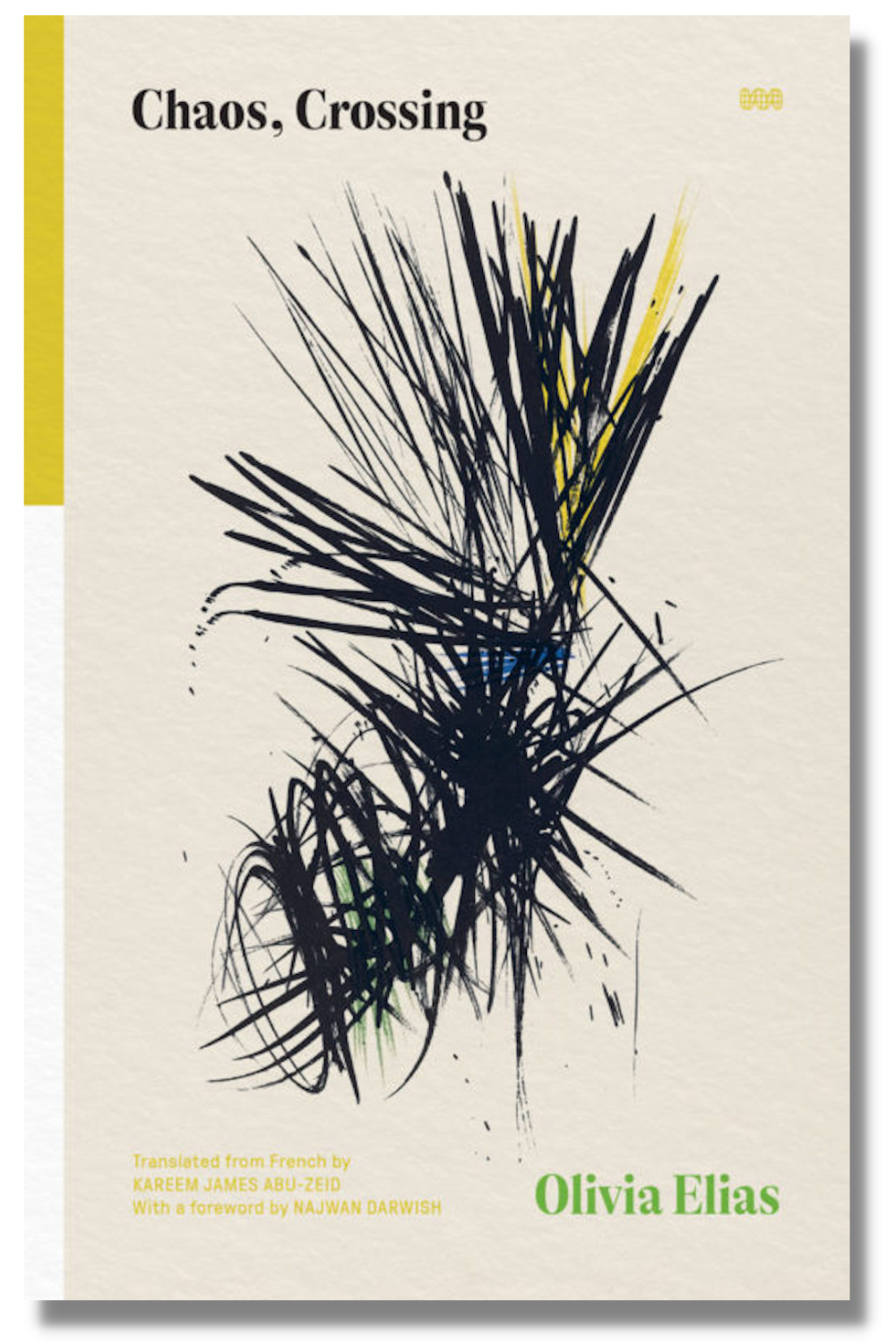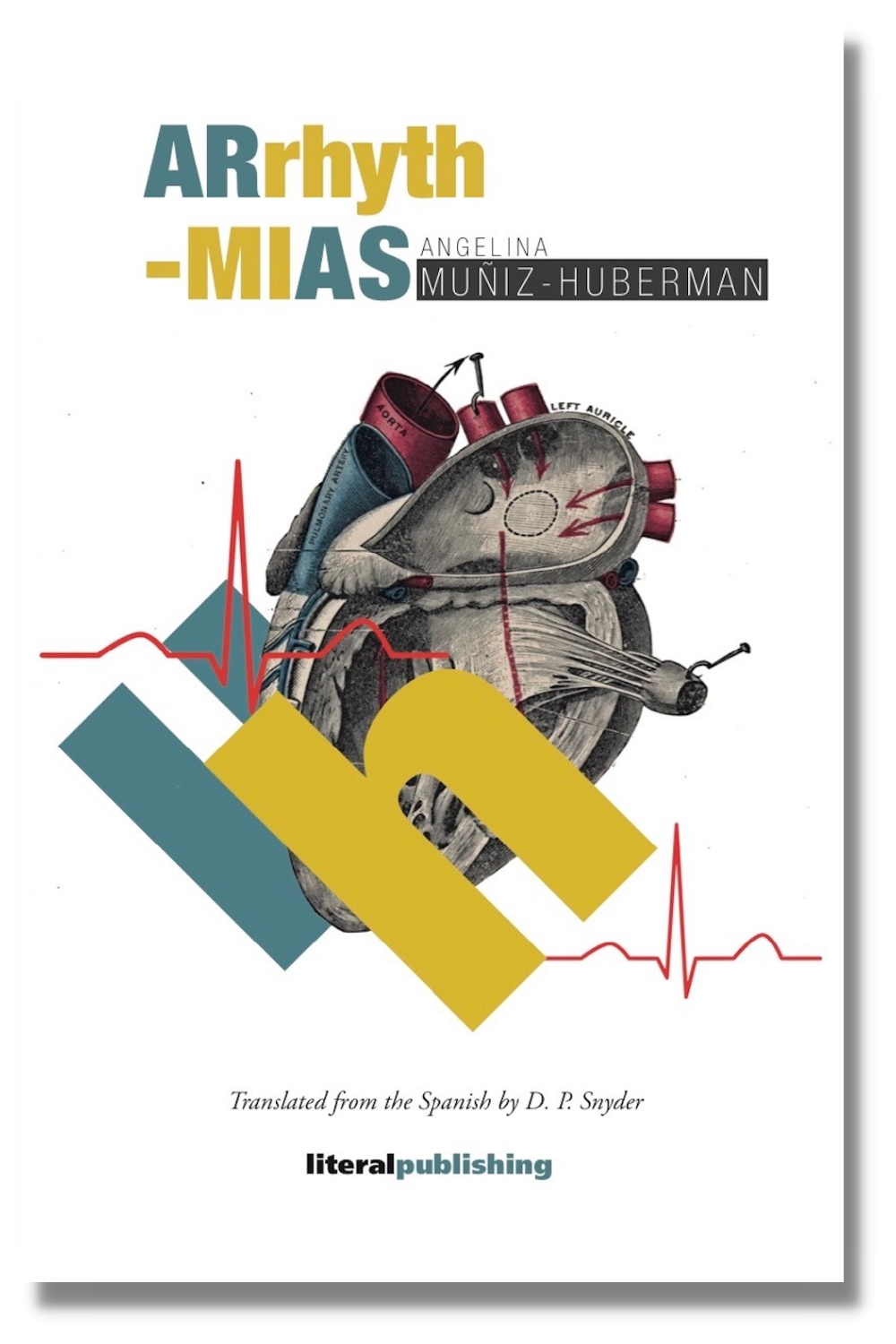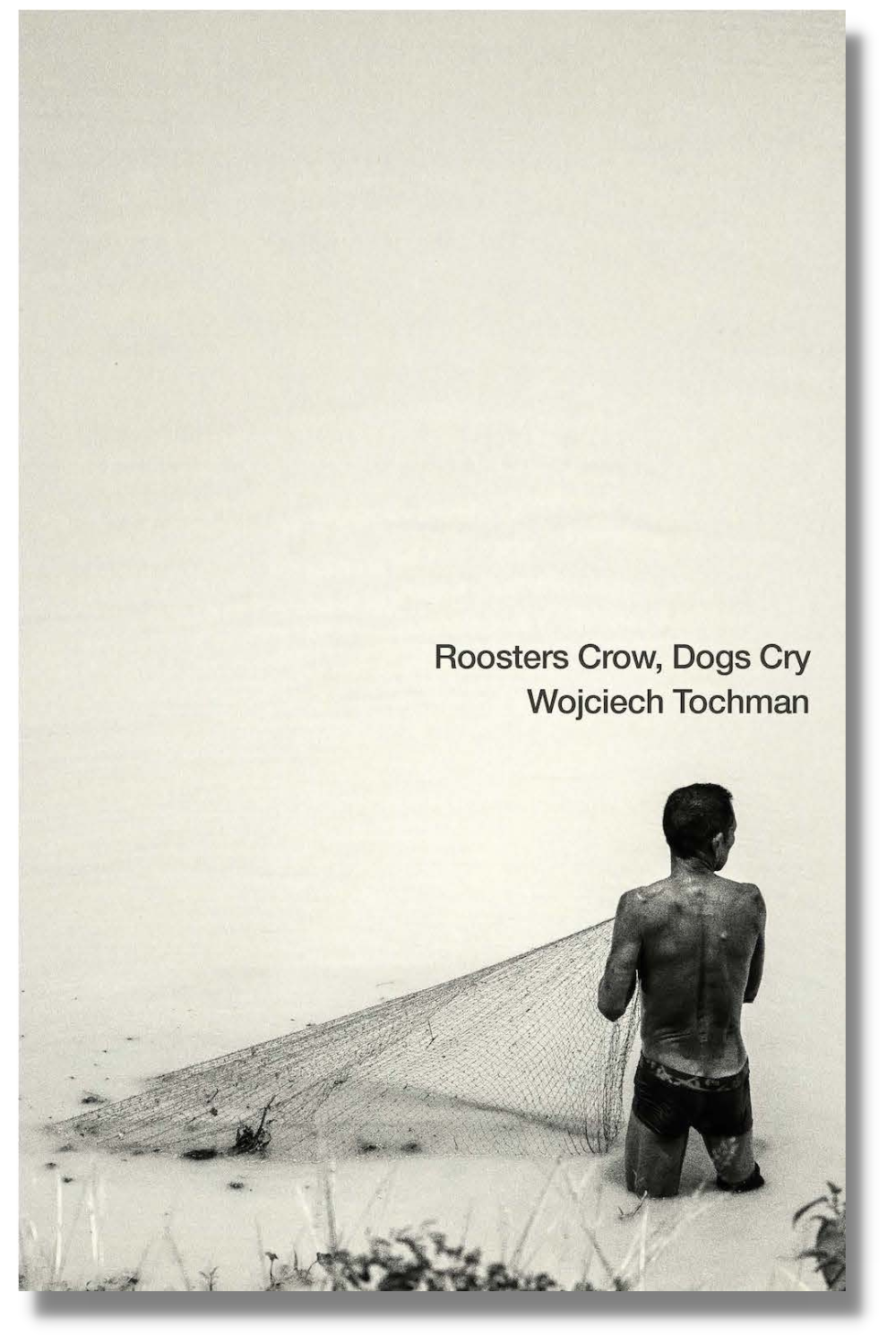From Book*hug Press | Hunger Heart by Karen Fastrup, translated from the Danish by Marina Allemano | Autofiction | 240 pages | ISBN 9781771667722 | US$21.00
What the publisher says: “Hunger Heart is a sensual, profound work of autofiction about love, relationships, mental illness, and recovery by one of Denmark’s most celebrated literary writers. Fastrup immerses us in the alienations of her breakdown and hospitalization: what it’s like to apologize for threatening your loved one with a knife; how an eating disorder can begin with the discomfort of family and adolescence; and how to make the long journey back to one’s creative life.”
What author Marianne Apostolides says: “Through spare prose, Fastrup portrays a woman of immense desire—a desire for love that short-circuits her mind, making her seek to control her soul’s hunger by controlling her appetite for food. A beautiful example of autofiction in all its power.”
What I say: Hunger Heart is not an easy read. That’s not because of a baroque narrative complexity or an elusive use of language; instead, it’s because Fastrup chronicles a period of intense psychological distress, as well as the process of learning to reckon with one’s own mental health. This isn’t a book that posits easy answers to complicated questions, and it makes for a haunting read.
From Charco Press | Dislocations by Sylvia Molloy, translated from the Spanish by Jennifer Croft | Fiction | 150 pages | ISBN 9781913867355 | US$15.95
What the publisher says: “Passages from a shared past and present that are transformed into fiction when faced with a forgetting that can no longer refute them. A book that opposes disintegration with a precise and vital prose and the unique sensibility of one of Latin America’s greatest storytellers.”
What Publishers Weekly says: “Argentine novelist and critic Molloy (Reading Dates) examines the nature and significance of memory in her gleaming English-language fiction debut. The narrator, S., takes up the role of “scribe” as she chronicles her longtime friend M. L.’s struggles with Alzheimer’s, noting how M. L.’s memory ‘keeps leaving pieces by the roadside.’”
What I say: “As her memory goes, I realize she resorts to a politeness that is ever more refined, as though delicate manners might compensate for any absence of mind.” So says the narrator early in Sylvia Molloy’s Dislocations, which follows its narrator through the gut-wrenching process of watching her friend be overtaken by dementia. In an evocative prose style, Molloy summons up the array of memories that surround the narrator’s visits to her friend and the reflections these prompt in her own mind.
From World Poetry Books | Chaos, Crossing by Olivia Elias, translated from the French by Kareem James Abu-Zeid | Fiction | 192 pages | ISBN 9781954218079 | US$20.00
What the publisher says: “In her English-language debut, Olivia Elias, poet of the Palestinian diaspora, probes deeply into the upheavals of the twentieth and twenty-first centuries.”
What poet Marilyn Hacker says: “Olivia Elias, child of the Nakba, is a world citizen, resident at one time or another of Lebanon, Canada, France. But as a poet, she remains a Palestinian, inhabited by the landscape, the language, creating lyrics that speak the sorrow of displacement, and a memory vaster and deeper than any one woman’s, with a restraint that dignifies both grief and rage.”
What I say: Olivia Elias’s poetry covers a wide range of subjects, from the Palestinian experience in the twentieth century to global narratives of displacement and injustice. (There are a few poems in this volume, for instance, that address the murder of George Floyd.) Her images are often tactile, creating a sense of a place or a texture with only a handful of words.
From Literal Publishing | Arrhythmias by Angelina Muñiz-Huberman, translated from the Spanish by D. P. Snyder | Essays | 168 pages | ISBN 9781942307495 | US$16.95
What the publisher says: “A powerful collection of essays by one of the most unique voices in contemporary literature and the author of 50 books of poetry, stories, essays, and works in translation, Arrhythmias is a deep dive into the difficulty of being an artist in a world at war, memory, and the refugee experience in engaging prose and a uniquely poetic literary style.”
What I say: In this collection of essays, Angelina Muñiz-Huberman reckons with grand artistic and political issues—and also muses on writers and artists who have done the same, including W. G. Sebald and Robert Capa. There’s a dreamlike and meditative quality to many of the short works collected here, including one that calls to mind filmmaker Werner Herzog’s notion of “ecstatic truth.”
From Open Letter Books | Roosters Crow, Dogs Cry by Wojciech Tochman, translated from the Polish by Antonia Lloyd-Jones | Nonfiction | 202 pages | ISBN 9781948830508 | US$16.95
What the publisher says: “Equipped with the sensitivity known from his earlier reportages, in Roosters Crow, Dogs Cry, Wojciech Tochman addresses people with mental illnesses in Cambodia who are imprisoned in kennels, chained up, and locked in cells—often by their own families, who are desperate and at a loss for what to do.”
What I say: What happens in the aftermath of atrocities—years, or even a generation, later? That’s the question at the heart of Wojciech Tochman’s newly translated book, which explores trauma both individual and collective in Cambodia, and reckons with the ways in which mental health is treated in the country in question. The places this investigation takes Tochman draw the narrative into some heartbreaking scenes, creating a work with much staying power.
Copyright © 2022 Tobias Carroll. All rights reserved.
Looking for more reading suggestions? Check out Tobias Carroll’s recommendations from last month.
Disclosure: Words Without Borders is an affiliate of Bookshop.org and will earn a commission if you use the links above to make a purchase.









